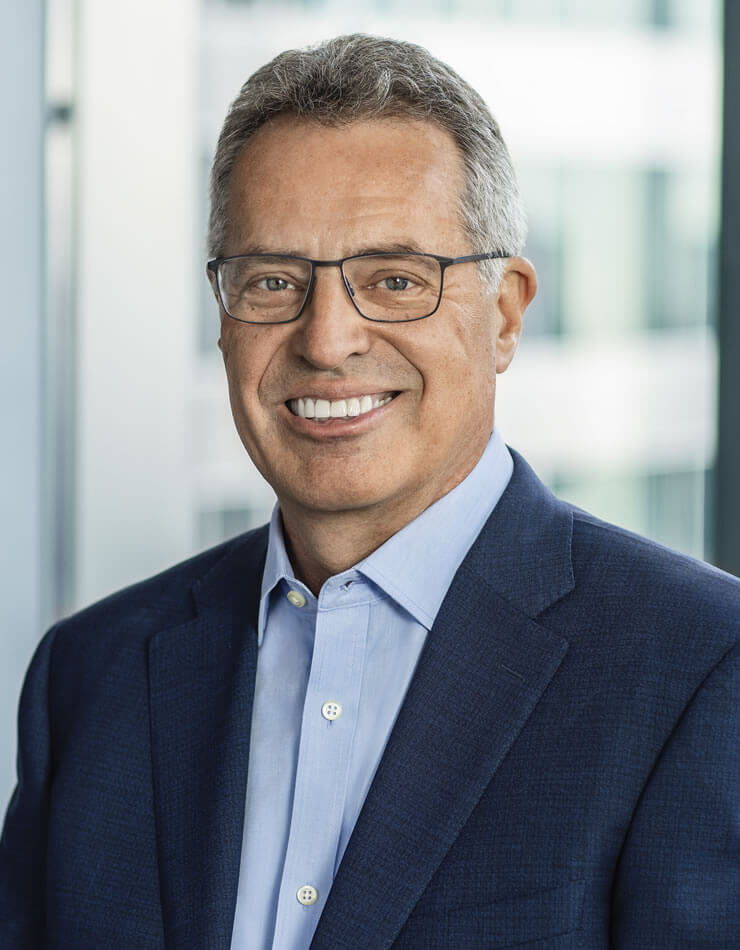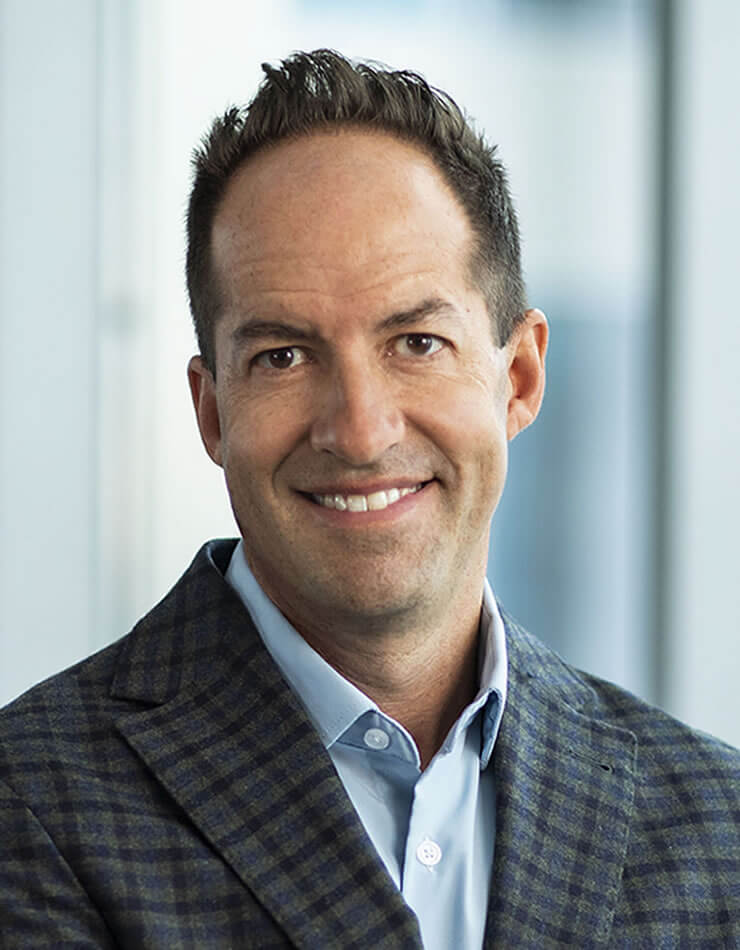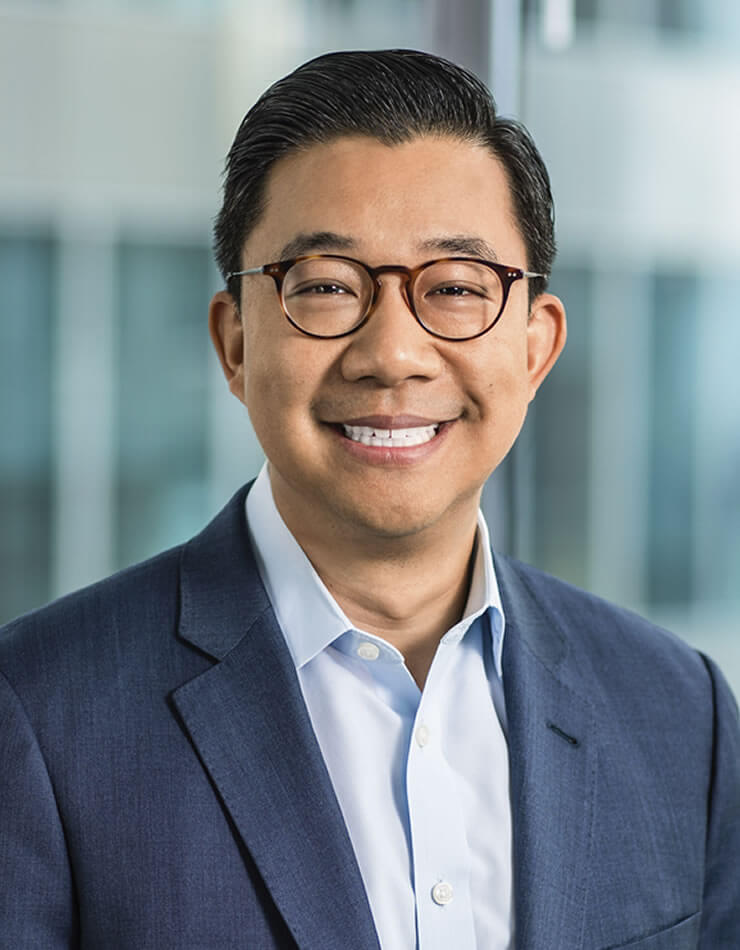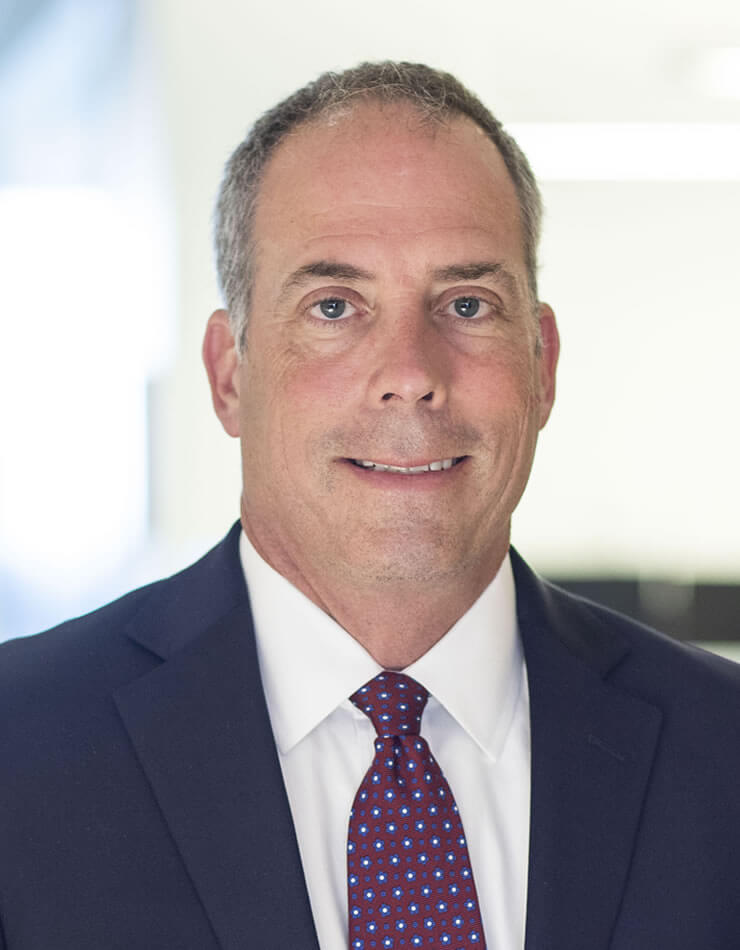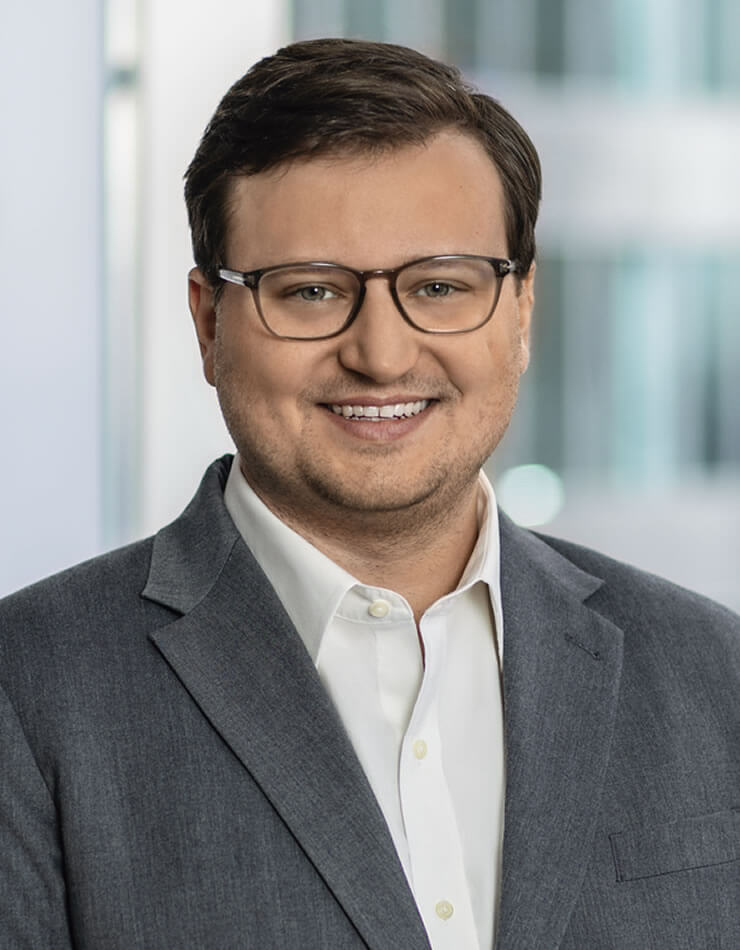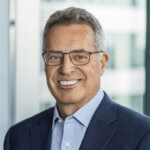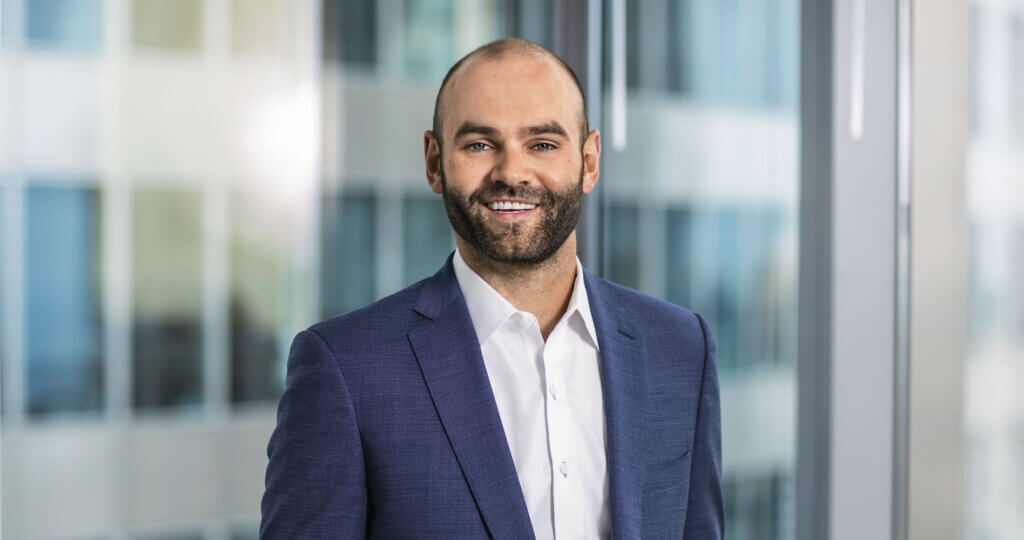Oakmark Global Select Fund - Investor Class
Average Annual Total Returns 12/31/23
Since Inception 10/02/06 7.53%
10-year 6.20%
5-year 10.72%
1-year 22.70%
3-month 8.51%
Expense Ratio: 1.10%
Expense ratios are from the Fund’s most recent prospectus dated January 28, 2023; actual expenses may vary.
Past performance is no guarantee of future results. The performance data quoted represents past performance. Current performance may be lower or higher than the performance data quoted. The investment return and principal value vary so that an investor’s shares when redeemed may be worth more or less than the original cost. To obtain the most recent month-end performance data, view it here.
The Oakmark Global Select Fund (the “Fund”) returned 8.51% for the quarter ended December 31, 2023, underperforming the benchmark, the MSCI World Index, which returned 11.42%. For the calendar year, the Fund returned 22.70% compared to the benchmark’s return of 23.79%. Since its inception in October 2006, the Fund has returned an average of 7.53% per year, outperforming the benchmark’s annualized gain of 7.00% over the same period.
Capital One Financial (U.S.), which specializes in consumer finance, was the top contributor for the quarter due to strong third-quarter results. The company’s earnings per share of $4.45 was about 37% above consensus estimates, and its loan growth, net interest margin, non-interest income, operating expenses and charge-offs were all better than consensus estimates. In regard to credit quality, management noted that while portfolio-wide monthly delinquency and charge-off rates slightly exceeded 2019 levels, those trends were stabilizing. In addition, Capital One maintains sizeable capital and liquidity buffers. Overall, we appreciate the company’s value-focused management team, consistent reinvestment in technology development, and stable deposit base.
Bayer (Germany), a life science company with pharmaceuticals, consumer health and crop science divisions, was the quarter’s top detractor. During the quarter, the company announced its decision to stop its OCEANIC-AF trial for asudenxian early due to lack of efficacy, and the company was ordered to pay $1.5 billion to three plaintiffs in a recent RoundUp case. While both events were disappointments, the asundexian news was more relevant to us because we expected both wins and losses in the RoundUp legal saga and anticipate this recent verdict will likely be reduced significantly on appeal. Asundexian was Bayer’s largest late-stage pharma pipeline opportunity and had potential to be a next generation Xarelto, but the trial was riskier than usual owing to its data profile in earlier stages. We have modestly reduced our estimate of Bayer’s intrinsic value, but we still believe the stock is attractively priced, trading at around 6 times 2024 earnings. We continue to monitor the situation and will adjust our analysis, if necessary. We met with new CEO Bill Anderson after the news, and we are impressed by his thoughtfulness, strong background in pharma, and urgent desire to improve the areas of the company that have held it back from its full earning potential.
During the quarter, we swapped Switzerland-based pharmaceutical holdings, selling our position in Novartis in favor of Roche Holding due to its relative attractiveness. We think Roche’s current portfolio contains growth opportunities for promising on-market drugs, and its pipeline includes treatments with hefty upside potential, targeting conditions with sizable amounts of unmet needs, including Alzheimer’s disease, Huntington’s disease and Lupus. Despite generic erosion of its “big three” oncology drugs (Avastin, Herceptin and Rituxan), we believe that effective lifecycle management and innovation into new therapy areas will allow the company to grow. We also like that Roche is a top quartile innovator, maintains high productivity, oversees the top research and development budget in the industry, and has a favorable track record of growth.
In addition, we sold positions in Sandoz (Switzerland), a spin-off from Novartis, and Veralto (U.S.), a spin-off from Danaher, in favor of names that we believe offer more upside potential.
Geographically, we ended the quarter with 54.1% of the portfolio in the U.S., 23.9% in Europe, 10.9% in the U.K., and 11.1% in Asia.
The securities mentioned above comprise the following preliminary percentages of the Oakmark Global Select Fund’s total net assets as of 12/31/2023: Bayer 4.0%, Capital One Financial 4.9%, Danaher 2.9%, Novartis 0%, Roche Holding 3.6%, Sandoz 0% and Veralto 0%. Portfolio holdings are subject to change without notice and are not intended as recommendations of individual stocks.
The information, data, analyses, and opinions presented herein (including current investment themes, the portfolio managers’ research and investment process, and portfolio characteristics) are for informational purposes only and represent the investments and views of the portfolio managers and Harris Associates L.P. as of the date written and are subject to change and may change based on market and other conditions and without notice. This content is not a recommendation of or an offer to buy or sell a security and is not warranted to be correct, complete or accurate.
Certain comments herein are based on current expectations and are considered “forward-looking statements”. These forward looking statements reflect assumptions and analyses made by the portfolio managers and Harris Associates L.P. based on their experience and perception of historical trends, current conditions, expected future developments, and other factors they believe are relevant. Actual future results are subject to a number of investment and other risks and may prove to be different from expectations. Readers are cautioned not to place undue reliance on the forward-looking statements.
The MSCI World Index (Net) is a free float-adjusted, market capitalization-weighted index that is designed to measure the global equity market performance of developed markets. The index covers approximately 85% of the free float-adjusted market capitalization in each country. This benchmark calculates reinvested dividends net of withholding taxes. This index is unmanaged and investors cannot invest directly in this index.
On occasion, Harris may determine, based on its analysis of a particular multi-national issuer, that a country classification different from MSCI best reflects the issuer’s country of investment risk. In these instances, reports with country weights and performance attribution will differ from reports using MSCI classifications. Harris uses its own country classifications in its reporting processes, and these classifications are reflected in the included materials.
Because the Oakmark Global Select Fund is non-diversified, the performance of each holding will have a greater impact on the Fund’s total return, and may make the Fund’s returns more volatile than a more diversified fund.
Investing in foreign securities presents risks that in some ways may be greater than U.S. investments. Those risks include: currency fluctuation; different regulation, accounting standards, trading practices and levels of available information; generally higher transaction costs; and political risks.
All information provided is as of 12/31/2023 unless otherwise specified.

